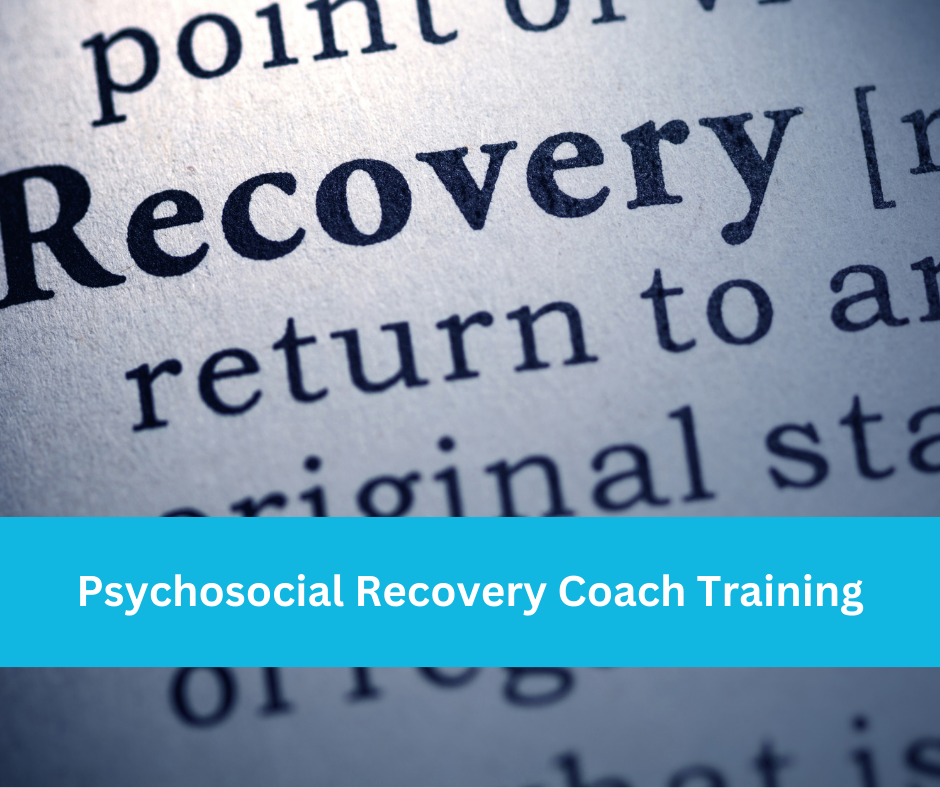
Psychosocial hazards in the workplace are factors that can lead to stress and mental health issues among employees. These hazards include excessive job demands, low job control, inadequate support, and poor organisational management. When not addressed, they can result in severe psychological and physical health consequences, such as anxiety, depression, and chronic diseases.
To effectively manage psychosocial hazards, organisations must adopt a proactive approach. This involves identifying potential risks through methods like anonymous surveys and open communication channels. Regularly assessing the work environment can help pinpoint issues such as high workloads or lack of clarity in roles, which contribute to employee stress.
Implementing Supportive Measures
Organisations should foster a supportive work culture by providing resources such as employee assistance programs (EAPs) and mental health training for managers. Encouraging open discussions about mental health can help reduce stigma and promote a healthier workplace atmosphere. Additionally, ensuring that employees have a say in decision-making can enhance their sense of control and job satisfaction.
Creating a Balanced Work Environment
Employers should strive to create a balanced work environment by managing workloads effectively and allowing flexibility in work arrangements. This includes encouraging regular breaks and promoting a healthy work-life balance, which can mitigate the effects of high job demands.
A psychologically safe workplace fosters resilience among workers, leading to reduced absenteeism and turnover rates—ultimately benefiting both employees and the organisation.
Join us on 19th December for a 6-hour Psychosocial Recovery Coaching if:
- You want to get the most out of the PSRC service and deliver authentic Recovery Based Coaching/Support.
- If you know little about Recovery, Recovery Coaching, or working with people from a ‘Recovery Approach’.
- If you have been having a stab at delivering this service but don’t see it as any different to support coordination.
Give yourself the edge with your psychosocial clients. Professional development is the difference between ‘average’ and ‘excellence’. Talk to a Mental Health expert for questions.
